Don’t Ditch Santa, Part 2
Last week we discussed the Christian origins of the Santa Claus myth. Today, we will see how he came to be secularized, and challenge ourselves to remember the true Christian roots of this legend.
Unfortunately, despite the Protestant Reformers’ many benefits, they “threw the baby out with the bathwater” and got rid of all recognized saints, including those who were named “saints” before the more-corrupt methods beginning in the second millennium. And the religious “Saint Nicholas” as a Christian myth and saint dating from the post-apostolic church — he one of the sad casualties.
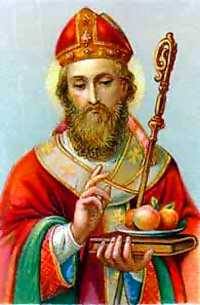 But the Reformers underestimated the importance of a figure like Nicholas. It turned out that the guise and person of the Bishop of Myra had to take some form to evoke and push for kindness to the less fortunate in the harshest times of the year.
But the Reformers underestimated the importance of a figure like Nicholas. It turned out that the guise and person of the Bishop of Myra had to take some form to evoke and push for kindness to the less fortunate in the harshest times of the year.
Such a force for good couldn’t be simply quashed! People needed something to fill the void left by the removal of their beloved Nicholas.
Various folkloric alternatives appeared, and paganism began to once again rear its ugly head as these “alternatives” hearkened back to pre-Christian religions. This was not the fun paganism of stories no one truly believes, but a slow mixing of paganism and Christianity.
In response, Protestants gave way a little bit with some weird, un-Scriptural depictions of a Christ-figure giving gifts. But many saw this as the desperate attempt that it was. Outside of Germany, home of Reformer Martin Luther, folks ignored it.
Eventually, the Reformers threw up their hands in surrender and accepted Santa Claus and Father Christmas, among other versions of the myth of Saint Nicholas, as compromises of sorts. Unfortunately, in trying to straddle a careful line of not offending anyone of Catholic or Protestant traditions in any way, and in trying to avoid the mention of the actual man “Nicholas of Myra” and his sainthood, the symbol began to be somewhat secularized.
Sacred and secular
But mind you, the symbol wasn’t entirely secularized. The Christian origins of the myth are still there if you dig beneath the surface. In fact, many aspects of the largely secularized “Santa Claus” and only a little less-secularized “Father Christmas” are still there.
This includes the anonymous giving — in this case, to children or the poor — dictated by Our Lord, the appearance of Santa to help people as a call-back to the myths of the dead Saint being sent by God to help those in need, and so forth.
Even his outfit is a largely secularized version of the real Saint Nicholas’s bishop’s robes (and the garb of his legendary apparitions). If you go to Holland, Russia, Germany, and other countries in Europe — particularly in Central and Eastern Europe — you can still see those countries’ versions of our Santa/Father Christmas imitators, wearing traditional clerical robes believed to resemble the robes of the real Bishop of Myra.
Here in the U.S., if you go to certain churches such as Russian Orthodox and Eastern Orthodox during December 5th and 6 — for Saint Nicholas Eve and Saint Nicholas Day — you can see the role of the Bishop of Myra played during celebrations of his life.
 Only in the late 19th and early 20th centuries did the last vestiges of the religious begin to be swept away from the kindly patron saint of gift-giving, sailors, students, widows and childbirth. Ironically, this process of secularization was begun by Christians who produced charming stories and pictures. Their intention was most likely not to secularize Santa so much as to appeal to various folklore of the people of the colonies. For instance, much of the Santa Claus legend has derived from clergyman Clement C. Moore’s poem “‘Twas The Night Before Christmas,” which in turn borrows from Dutch folklore.
Only in the late 19th and early 20th centuries did the last vestiges of the religious begin to be swept away from the kindly patron saint of gift-giving, sailors, students, widows and childbirth. Ironically, this process of secularization was begun by Christians who produced charming stories and pictures. Their intention was most likely not to secularize Santa so much as to appeal to various folklore of the people of the colonies. For instance, much of the Santa Claus legend has derived from clergyman Clement C. Moore’s poem “‘Twas The Night Before Christmas,” which in turn borrows from Dutch folklore.
Unfortunately, later generations would begin to purposely continue the process of “de-Christianizing” Nicholas.
‘Twas the light behind darkness …
But my point is this: Saint Nicholas began as a Christian symbol. We should make use of and celebrate this mythological and historical figure, not shun him. Whatever you wish to call him — whether it be Father Christmas, or Santa Claus, or Saint Nicholas — is not important. Nor can we can hardly settle here the debate on whether to allow children to believe in Santa, or play Santa while knowing it is pretend, or do nothing.
 What we can do is acknowledge the truth that the origins of the myth are truly and thoroughly Christian, with the beginnings tracing back to the early Church. Our question should not be whether to acknowledge Saint Nicholas, but how we should celebrate and remember this man and the myth created around him.
What we can do is acknowledge the truth that the origins of the myth are truly and thoroughly Christian, with the beginnings tracing back to the early Church. Our question should not be whether to acknowledge Saint Nicholas, but how we should celebrate and remember this man and the myth created around him.
I don’t believe Christians should abandon this symbol, this myth, this true legend. We should make the symbol and the figure it represents part of our celebrations. We ought to redeem and reclaim the myth and restore the Bishop of Myra to his former place as a truly inspiring Christian myth.
No, we don’t have to believe in the reported miracles and visitations. But the Christlike actions behind the myth are true: gift-giving to those in need, giving God the glory for all acts of kindness, and even belief that those we know pray for us in Heaven. 1
We should share the incredible story of the man who stood against persecution to protect his flock and stay faithful to his Lord and Savior. His story is a good myth. And we can bring the legend of Saint Nicholas back to its Christian roots, but only if we work to incorporate him again into our holidays. This could be our own Christ-honoring gift to our culture.
- Why not? Waiting saints call for vengeance on the unsaved and persecutors of Christians (Rev. 6); why not believe they also call for the relief of believers? ↩



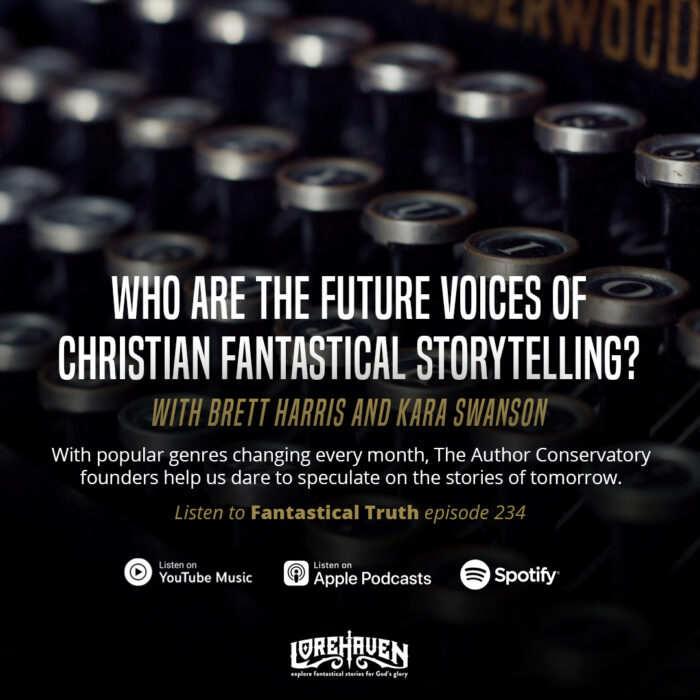



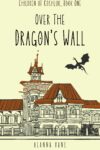





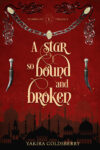
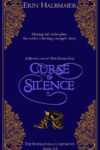

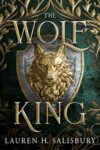























I can’t help but wonder what kind of denominational fights we could get into with bishop-vestment Santa. I’m sure there are some who don’t see the difference between red-suit Santa and bishop-vestment Santa, and not in an indulgent way.